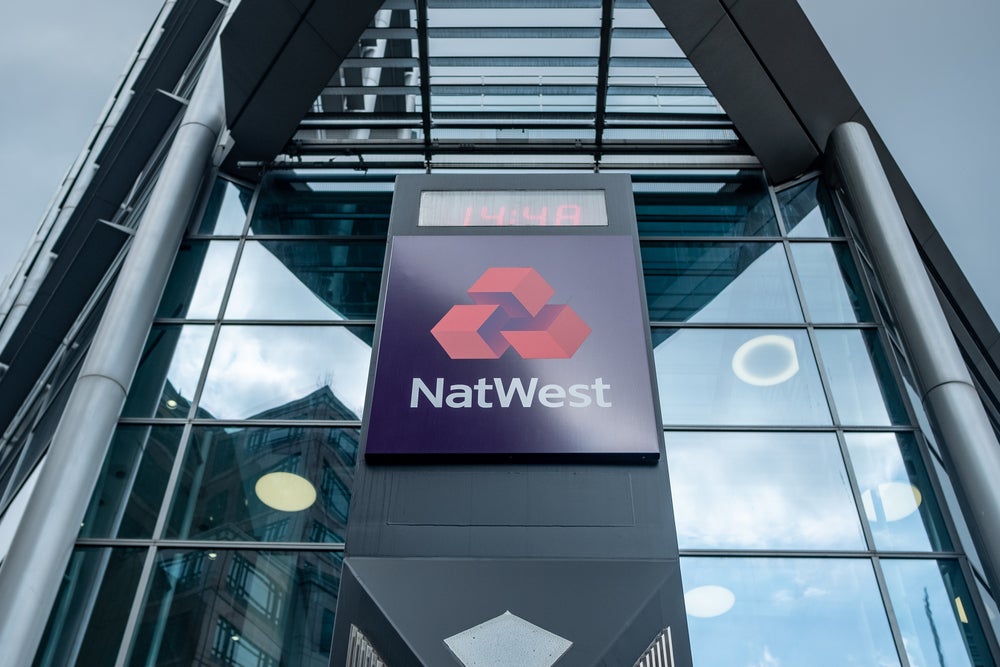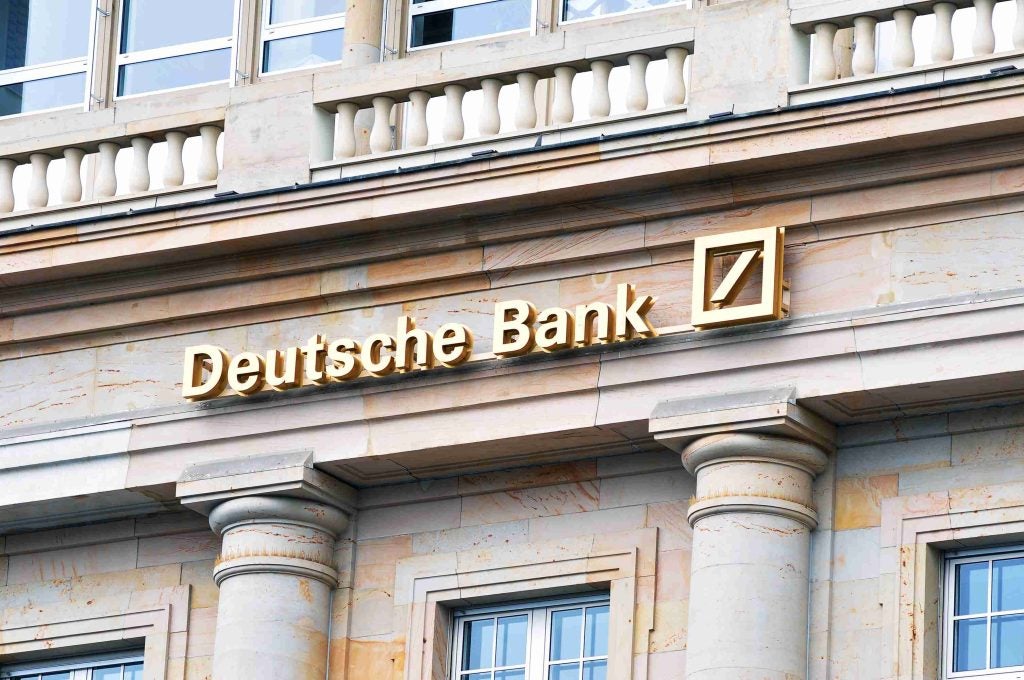
Private Banking Automation: ChatGPT AI and Beyond
Anyone with even the slightest interest in technology would have witnessed the frenzy following the launch of ChatGPT last November. For many, it illustrated the first step towards the golden age of Artificial Intelligence (AI) integration into our everyday lives; revolutionising the way in which we conceptualise and interact with technology. Intelligent automation has quietly, but nonetheless irreversibly, become a mainstay for many of the services and industries we use daily. Mark Bruce writes
Automation in financial services is one such example. From JPMorgan using bots to respond to internal IT requests, including resetting employee passwords, to Barclays introducing robotics process automation (RPA) across a range of processes, such as accounts receivable and fraudulent account closure, a wave of automation has emerged which redefined the way our industry operates.
According to Capgemini’s Digital Transformation Institute, the financial services industry could expect to add up to $512bn to global revenues through intelligent automation. So, it seems, greater automation offers a clear path to a sunlit upland filled with productive workers and buoyant profit margins.
I am often asked what this means for private banking, an industry stereotyped as inflexible and apprehensive to move away from traditional orthodoxy. My answer is always the same: the extent to which institutions embrace automation reflects their commitment to remaining relevant and profitable in the digital age. It is not a question of strategy; it is one of survival.
In reality, private bankers are certainly not Luddites. Technology is being used by asset and wealth managers to drive alpha generation and distribution, allowing banks to offer AI-driven investment strategies which maximise returns.
Simpler applications, such as streamlining backend processes, free up resources and time for banks to offer the high-quality, personalised service needed to maintain strong customer relationships – the bedrock of any private banking practice.
How well do you really know your competitors?
Access the most comprehensive Company Profiles on the market, powered by GlobalData. Save hours of research. Gain competitive edge.

Thank you!
Your download email will arrive shortly
Not ready to buy yet? Download a free sample
We are confident about the unique quality of our Company Profiles. However, we want you to make the most beneficial decision for your business, so we offer a free sample that you can download by submitting the below form
By GlobalDataAnd, for those navigating the complex and varying regulatory compliance requirements imposed by different jurisdictions, markets and geographies, automation is once again a game changer.
AI can bolster private banks’ ability to manage and scrutinise data in a way which ensures higher levels of compliance and reduced margin for human error. It can also predict risk and detect unusual transactions with a level of accurate efficiency unattainable by an analyst in New York, London or Hong Kong.
Ensuring comprehensive technological integration across all our entities is something I’ve prioritised since becoming CEO of Britannia Financial Group in 2022. It enables us to bring the best possible range of products and services to our clients, free from the burdens of antiquated legacy systems.
While some of us are actively changing how we work and despite the clear strategic benefits of pursuing deeper integrated automation, private banks are often seen lagging behind their commercial peers.
Increased automation will be crucial to ensuring the industry can reach and retain its next generation of wealth and asset management clients.
Equally important is the effective blending of automated and high touch services. We are, first and foremost, a client driven industry, so maintaining interpersonal relationships is really key.
The challenge for private banks is to go further and faster by leveraging the power of advanced AI.
Recent figures show that the number of industrial automation related patent applications in the industry stood at 27 in Q3 2022, down from 36 over the same period in 2021. Figures for patent grants tell the same story, shrinking from 39 to 29 in that timeframe.
The need for a greater focus on ‘green’ investment is often lauded as the way of attracting millennial and gen Z clients. Whilst this is undoubtedly true, many commentators fail to understand the ever-growing expectations for high quality digital services and experiences.
Half of banking and insurance customers (49%) feel that the value they received from their AI interactions was non-existent or less than expected. This is unsustainable for private banks in a “ChatGPT world”.
It is a key part of the scaling up process for private banks, driving efficiencies and economies of scale, improving current client offering and making services more attractive to the next generation of investors.
Private banks must grasp the opportunity to use AI to disrupt the traditional banking status quo – offering highly personalised services, with stellar returns, despite lacking the resource and manpower of ‘Bulge Bracket’ banks.
Ultimately, increased automation has the potential to act as the great leveller in the banking industry, redefining where private banks fit within it. But the change must be embraced without apprehension or hesitance, to maintain competitive advantage in an ever-crowded field. In doing so, we can usher in a new era.







